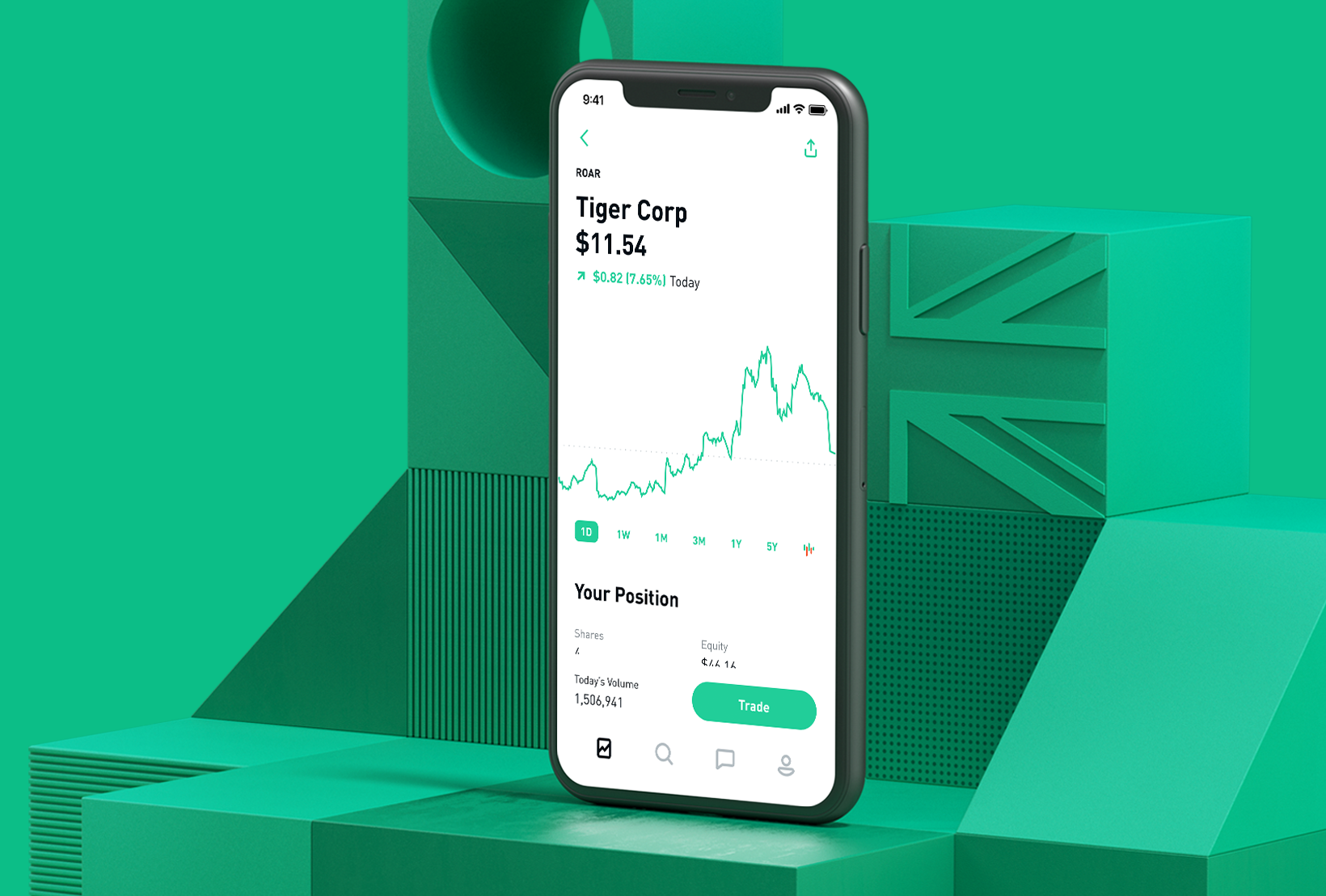The Supreme Court was informed today that discussions between Future Group and Amazon to resolve their dispute, which is at the core of a struggle for dominance in the country’s retail sector, had not been successful.
Earlier this month, Amazon proposed holding talks with all parties involved in this dispute in an attempt to reach an amicable resolution. The Supreme Court gave the parties time to hold informal talks without the use of mediators.
If the talks fail to produce results, the court can resolve the dispute judicially, the Supreme Court stated while encouraging the parties to give talks a chance. Today, the US-ecommerce behemoth also announced the transfer of Future Retail’s stores to Reliance Industries.
With the parties’ talks still inconclusive, the resumption of arbitration proceedings is not the main point of contention before the Supreme Court. Meanwhile, Amazon has asked the court to issue interim orders to prevent Future Retail’s assets from being transferred to Reliance while the dispute is still ongoing.
The Supreme Court has granted Amazon leave to file an application for interim relief, and the case will be heard on March 16th.
On March 3, Future Group accepted the proposal for talks, with the caveat that Amazon does not initiate criminal proceedings against Future Group, as was reported in the media at the time. Amazon called the media report “incorrect,” effectively pledging not to pursue criminal charges.
The Supreme Court is currently hearing Amazon’s petition challenging the Delhi High Court’s interim order issued in February that stayed the arbitration proceedings between Amazon and the Future Group before the Singapore International Arbitration Centre (SIAC).
The high court’s decision was based on the suspension of the Competition Commission of India’s approval for the Amazon-Future group investment deal in 2019. The agreement for this transaction stipulated that any disputes would be resolved through arbitration in accordance with SIAC rules.
Meanwhile, the suspension order of the CCI is being challenged before the National Company Law Appellate Tribunal (NCLAT). Separately, the Delhi High Court is hearing a slew of cases involving the emergency arbitrator’s decision in this dispute.











